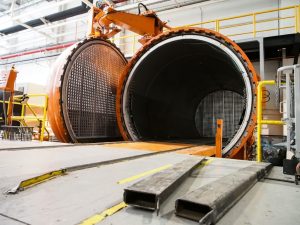
Animal by-products treatment plant
 As part of a European Regional Development Fund application, our client, a leader in waste management and treatment operations in Malta, wanted to investigate and obtain evidence on the performance, energy efficiency and environmental benefit of different methods for the treatment of animal by-products, including pressure sterilisation through an autoclave system and treatment by incineration in a thermal treatment facility.
As part of a European Regional Development Fund application, our client, a leader in waste management and treatment operations in Malta, wanted to investigate and obtain evidence on the performance, energy efficiency and environmental benefit of different methods for the treatment of animal by-products, including pressure sterilisation through an autoclave system and treatment by incineration in a thermal treatment facility.
Our solution was to provide information on how different components of animal by-products are treated during the combustion process, calculate the theoretical amount of fuel that is required, determine the carbon dioxide emissions for the two treatment facilities, and compare how much carbon dioxide is saved when treating the animal by-products in the autoclave facility as compared to the thermal treatment facility.
Using our results, our client could present this data and make a decision to select the most optimal treatment process based on a robust feasibility assessment, satisfying eligibility requirements for the funding application process and guaranteeing attainment of important energy efficiency and environmental targets.
